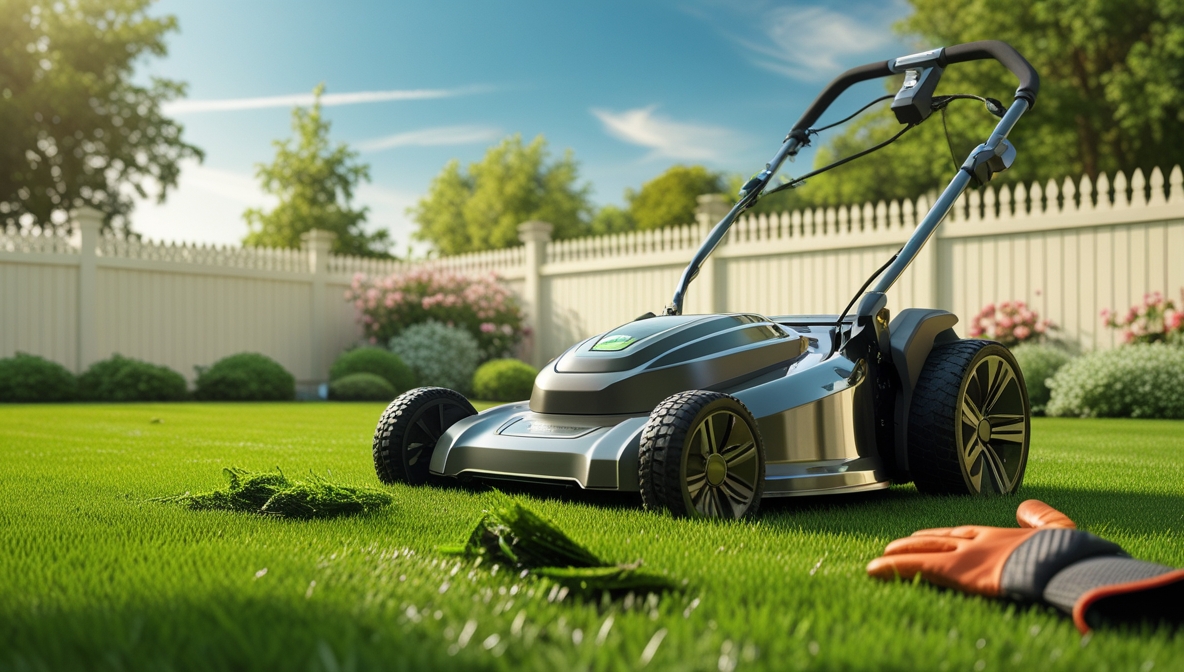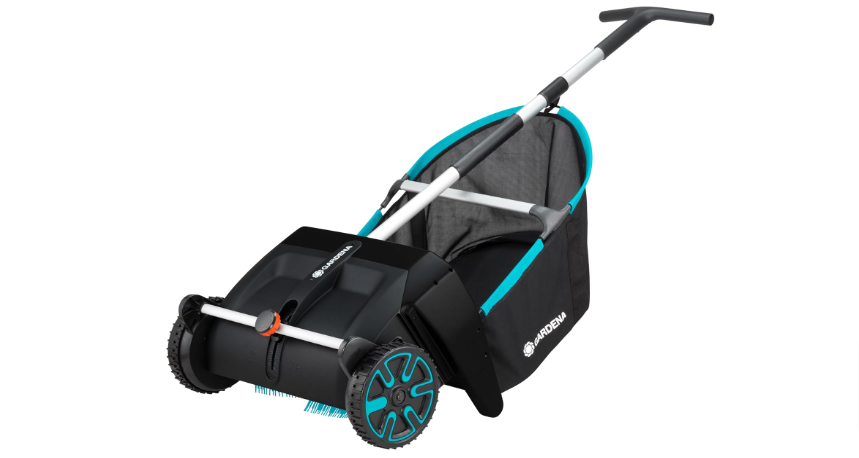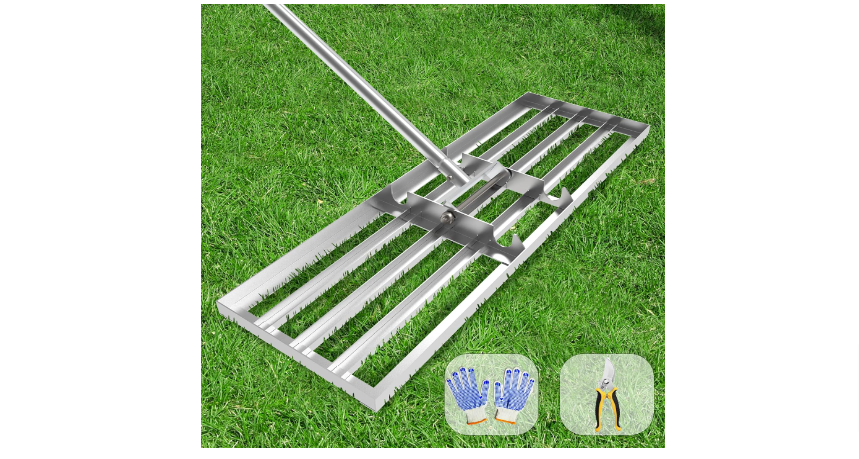Battery-powered lawn mowers are gaining popularity as an alternative to traditional gas-powered models. These electric machines promise quieter operation, reduced emissions, and potentially lower running costs. However, they also come with trade-offs in performance and initial investment. This article examines the pros and cons of battery lawn mowers, considering their performance, maintenance requirements, and overall cost-effectiveness.
Battery Lawn Mowers: Pros & Cons
Battery-powered lawn mowers offer several advantages. Quieter operation is a significant benefit, especially for those living in densely populated areas or working in close proximity to homes. They also produce zero tailpipe emissions, contributing to a cleaner environment. Another key advantage is the reduced vibration and noise compared to their gas-powered counterparts, which can be beneficial for the operator’s comfort. Finally, the ability to maneuver in tight spaces is often a significant advantage, especially around obstacles. Conversely, battery mowers often have a smaller cutting deck size compared to gas models. The initial cost of a quality battery mower can be higher than a comparable gas model. Range limitations, depending on the battery capacity, can be a consideration for larger yards. And, the charging time required may be a drawback for busy schedules.
They also present some drawbacks. The initial cost of a battery-powered mower can be significantly higher than a comparable gas model. The power output and cutting performance often depend heavily on the battery capacity and motor efficiency. Battery life and the need for regular charging can become a consideration, especially for extensive use. Finally, some users find the lack of the immediate availability of a fuel source to be inconvenient. Furthermore, the cost of replacing battery packs can be substantial over the life of the mower. The overall trade-off between initial cost and potential long-term benefits needs careful consideration.
Performance & Cutting Quality
The performance of battery lawn mowers is improving steadily, with advancements in battery technology and motor design. Modern models often deliver respectable cutting quality comparable to gas-powered mowers. However, the specific performance can vary significantly based on the battery capacity and the particular model. Mowers with larger battery packs generally provide longer run times and better power for thicker grass. Moreover, the efficiency of the motor plays a crucial role in the output of the mower, directly influencing the cutting quality.
However, there are limitations. In some cases, the cutting quality might not match the performance of a gas-powered mower, particularly in very demanding conditions such as tall, thick grass or steep slopes. The power output of a battery mower might not be sufficient to tackle large yards or challenging terrain without frequent recharging. The cutting height adjustments might also have more limited or less precise control compared to some gas-powered models. The variability in the quality of cutting can be a significant consideration, particularly for users with demanding yards.
Maintenance & Longevity
Battery lawn mowers generally require less maintenance than their gas-powered counterparts. There are fewer moving parts, and no need to handle gasoline or oil. This translates to lower maintenance costs and less time spent on upkeep. Furthermore, the lack of an engine also means fewer parts that can wear down over time. Modern models often feature advanced cooling systems and robust battery management systems, which contribute to the longevity of the machine. This translates to a potentially longer lifespan.
However, battery packs are not indestructible. The lifespan of the battery pack directly impacts the overall lifespan of the mower. The degradation of the battery over time can affect the runtime, requiring replacement after several years of use. Proper charging techniques and storage practices are crucial to maximize the battery pack’s lifespan. And, while the overall maintenance is lower, the cost of replacing a battery pack can still be substantial. The longevity of a battery-powered mower depends critically on the quality of the battery pack and the care it receives.
Ultimately, whether a battery lawn mower is a good choice depends on individual needs and circumstances. While they offer environmental benefits and reduced maintenance, the higher initial cost and potential limitations in performance for certain tasks are important factors to consider. Careful evaluation of the specific model, battery capacity, and yard size is essential before making a purchase. Users should weigh the trade-offs between upfront investment and long-term cost savings to determine if a battery-powered lawn mower aligns with their needs and expectations.






